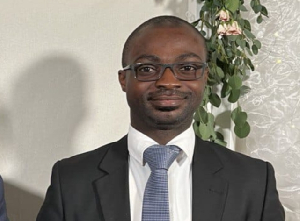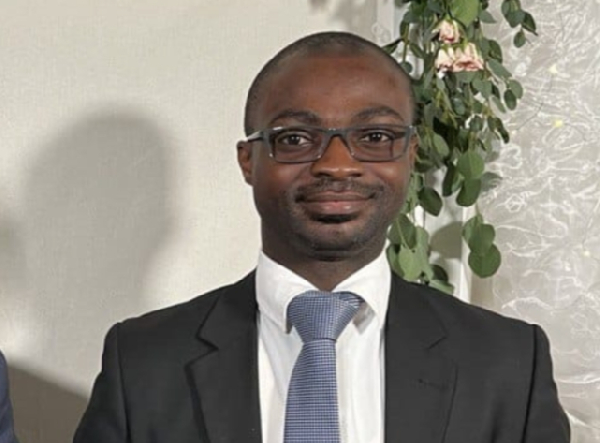 Scott Edward Agyemang is the author of the article
Scott Edward Agyemang is the author of the article
The sudden escalation of hostilities between Israel and Iran has sent shockwaves through global political and economic systems.
Whilst the two Middle Eastern nations have long shared a strained or a fragmented relationship, a full-blown war now threatens an already fragile region, with implications reaching far beyond their borders. For Ghana and many other nations, this conflict presents both immediate and long-term concerns that demand thoughtful and strategic foresight.
Ghana, like most nations in the Global South is closely tied to the international system through trade, diplomacy and energy dependency. As Iran is one of the world’s leading oil producers, any disruptions to its energy production and export capacity due to war would reverberate across global markets.
The price of crude oil is expected to rise sharply, which may, in turn, increase fuel prices in Ghana. With fuel already serving as a key driver of inflation and economic hardship for many households, the government’s fiscal planning becomes even more complex.
The recent suspension of the planned “Dumsor Levy,” a proposed tax expected to take effect on June 16, 2025, indicates that President Mahama’s government is already re-evaluating its economic policy in light of the conflict. Whilst this suspension may offer temporary relief to citizens, it is also likely that the government will consider an increase in fuel levies to manage energy costs in a volatile market.
Beyond economic considerations, the Israel-Iran war poses a serious threat to global peace and security. There are credible fears that the conflict could evolve into a broader confrontation involving global superpowers. Should the United States intervene in support of Israel, there is a real possibility that Russia, China or other powers sympathetic to Iran could step in and this will further intensify global tensions reminiscent of the Cold War era.
Such alignments would not only polarize international relations but could also severely disrupt global supply chains, financial markets and diplomatic cooperation on critical issues like climate change, migration and global health.
In the midst of this crisis, Ghana abstained from a United Nations vote concerning the conflict between Israel and Iran. This diplomatic neutrality can be interpreted as a careful balancing act. Ghana has maintained cordial, though not deeply entrenched, relations with both Israel and Iran over the years.
Ghana and Israel may have cooperated on development, technology, and agriculture, whilst Ghana and Iran have shared interests through the Non-Aligned Movement and have held bilateral talks focused on education, energy and trade.
By abstaining, Ghana likely aimed to preserve its ties with both countries to avoid internal political divisions and align with a policy of non-interference that has historically guided its international relations.
Domestically, Ghana should prepare for the economic ripple effects of the conflict. The government must take proactive measures in managing energy sources, promote renewable energy and reduce dependency on imported fossil fuels.
This moment presents an opportunity to accelerate investment in solar and other sustainable energy solutions which could help in cushioning the economy against future global shocks. Strategic petroleum reserves should be considered as part of national contingency planning.
Moreover, public communication is key. The government could keep citizens informed about developments, clarify how global events affect local policies and explain any changes in pricing or taxation. Transparent engagement can help maintain public trust during periods of uncertainty.
The world is interconnected and a conflict in one region inevitably affects others. The current war between Israel and Iran serves as a powerful reminder that peace is not just a regional ideal but a global necessity. All nations, regardless of size or power, must prioritize dialogue, understanding and diplomacy over confrontation and violence.
For Ghana and the rest of the world, the call must be clear and unwavering: we need peace, now more than ever.
Author:
Scott Edward Agyemang, Doctoral researcher and a political analyst


